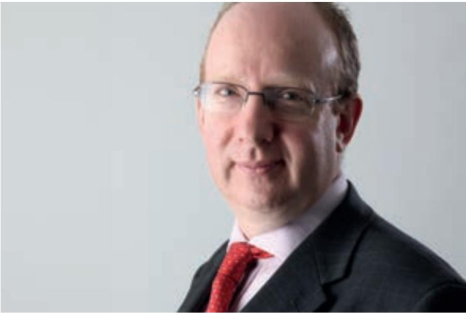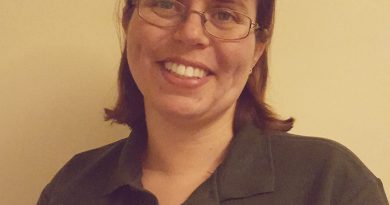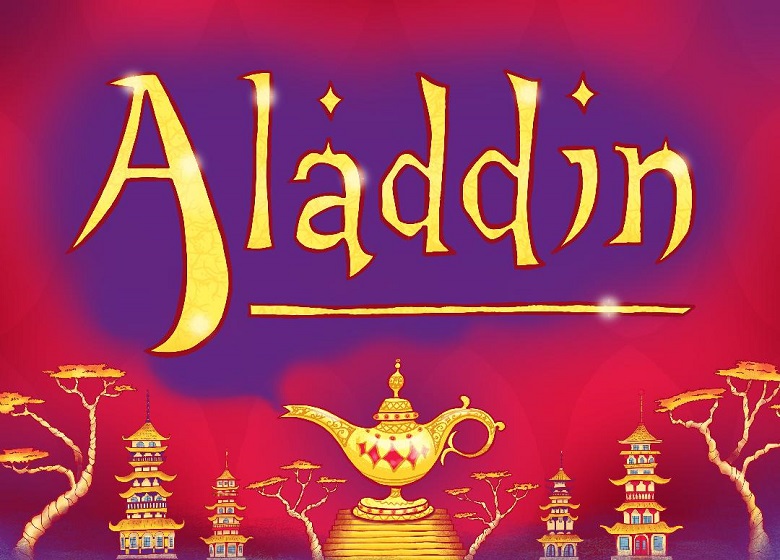Top-notch conversation with Daniel Finkelstein!
Top-notch conversation between Daniel Finkelstein and Robert Harris was to be had at Englefield House as part of the Newbury Spring Festival. Discussing his family memoir, Finkelstein elegantly charted the two “big idea” disasters that book-ended the Second World War. Anti-Jewish Nazism rounded up Jews, some of whom were shop-keepers, and the utopian ideology of communism rounded up shop-keepers and others of the detested bourgeoisie, some of whom were Jews. In this way, these two atrocious regimes captured one each of Finkelstein’s parents.
The author’s mum and dad – Mirjam and Ludwik – were very young at the start of the second world war, not yet even teenagers. The conversation moved, as the book does, between Finkelstein’s mother’s family in Berlin and his father’s family in Lwow, Poland (now Lviv, Ukraine). Finkelstein, an experienced political adviser, Times columnist and now a member of the House of Lords, didn’t try to explain why or even much how these utopian ideologies arose. His focus was the dramatic, and for many even of his own family fatal, impact on two hitherto happy families, just like so many across Continental Europe.
His book is even-handed in its scrutiny of both disasters. He accepts, because there isn’t any other choice, that the Holocaust is, in the aftermath of war, well known and its perpetrators subject to prosecution (and death penalties) whereas the other, arising from the Hitler-Stalin carve-up of Poland, has been largely ignored as the price of getting the Second World War done.
A man who learns from history, a man run through with the values of liberal democracy, it is perhaps no surprise that Finkelstein values most the small treasures of civil order, comfortable prosperity and the combed comforts of suburbia over any overweening political ideas. “Pinner is better”. Embodying nuance and careful logic, Finkelstein noted that, even now, every possible view of Israel, Palestine and Gaza is possible even after you condemn the massacres of the innocents in 1930s and ‘40s Europe – and those today.
No surprise at all, then, that Finkelstein, when asked, made clear he despises Trump and the threat to democracy and political order the latter represents, albeit that he doesn’t assess Trump to be quite as great a danger – so far.
I will be amongst many who share Finkelstein’s views on the value of the good order of things and the quiet but convincing charms of a lawful, calm and cultured life. Like his children, I can play the piano. Finkelstein and I are not related. We don’t share a view of the relative importance of nature and nurture. Noting the characteristics and talents of his children and some of his own replicated in his grandparents, he leans heavily towards nature as the prevailing influence. Very nearly the same age (early 60s), I would say that Finkelstein and I were lucky to have lived in a peaceful age at home that allowed us all the benefits of relative prosperity, good education, jobs and affordable houses – the deliverables of nurture – without having our faith in rationality upturned; what Finkelstein’s grandfather, Alfred, believed in that didn’t count for a thing.
Photo by kind permission of Newbury Spring Festival




